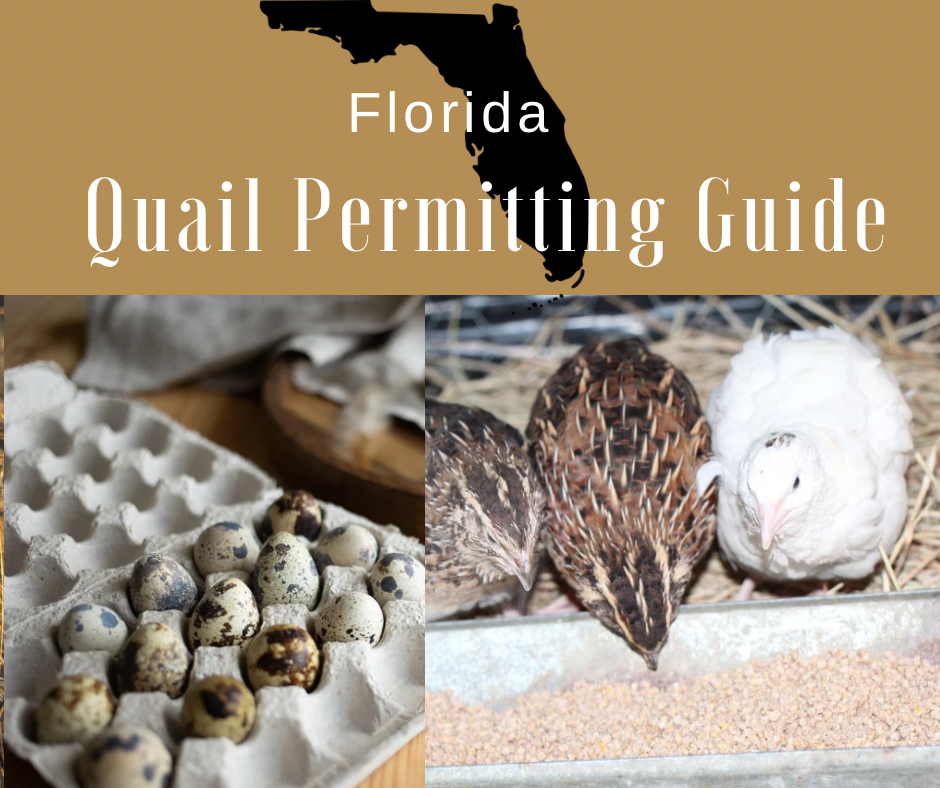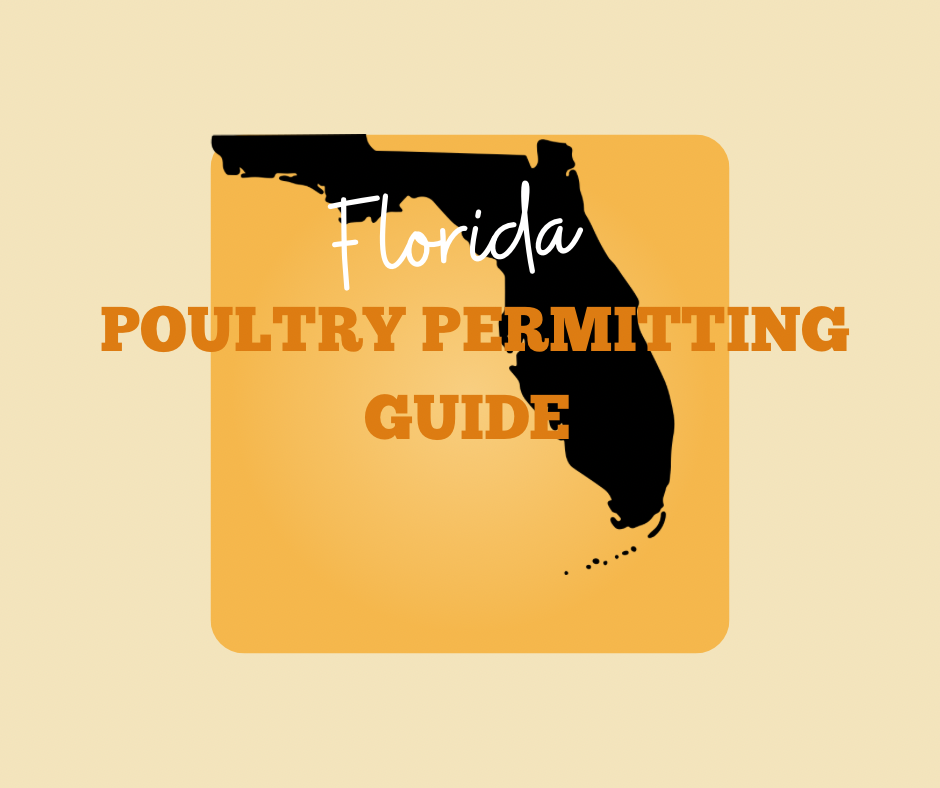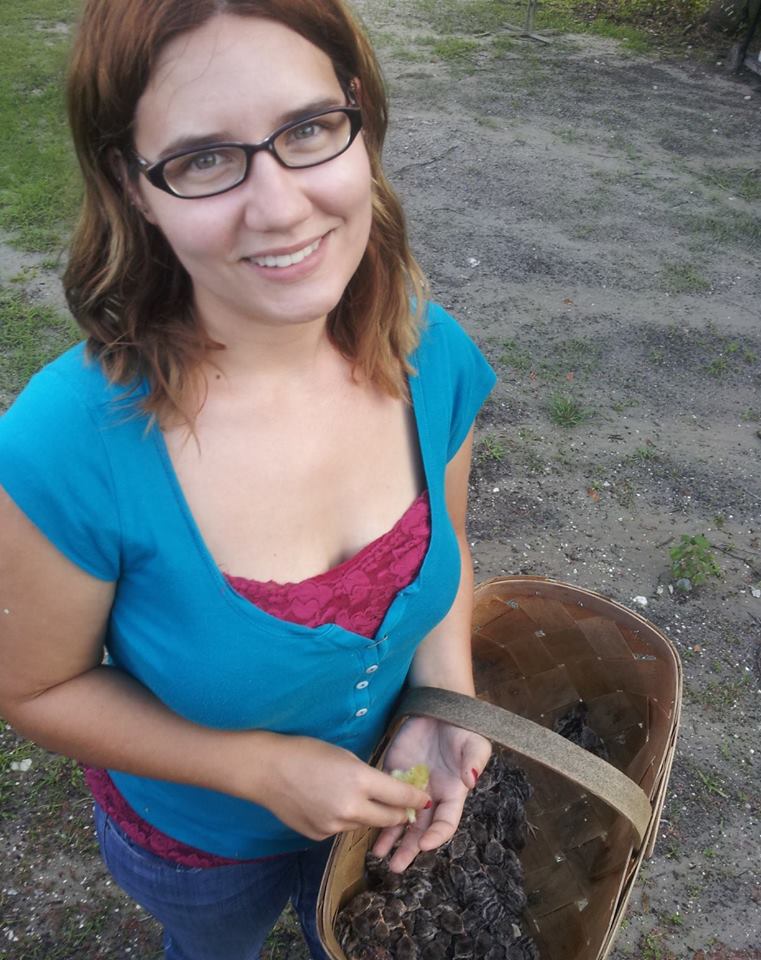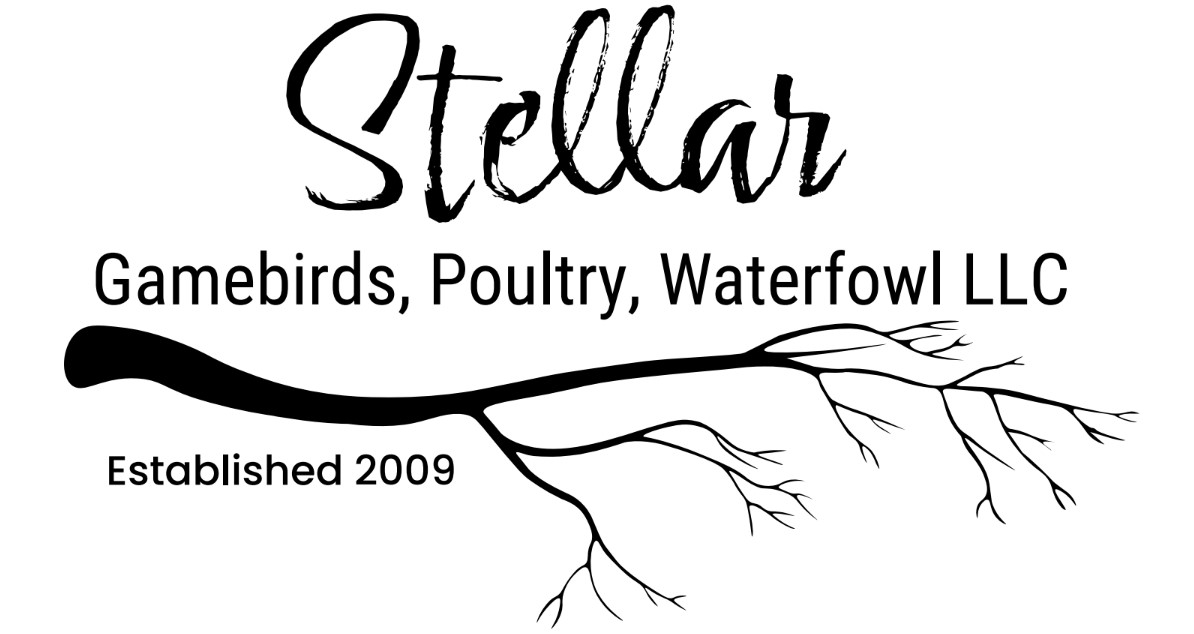Farming can be an immensely rewarding lifestyle, but it comes with its fair share of challenges. One of the hardest truths for new farmers to accept is the inevitability of loss. Whether it’s a beloved goat kid, a batch of chicks, or a well-cared-for dairy cow, every farmer faces the reality of dead stock. While it’s never easy, preparation can help you navigate these moments with resilience and a sense of purpose.
1. Understanding the Inevitable
It’s important to accept that no matter how much care and effort you provide, not every animal will make it. Farming involves working with living beings, and factors like illness, accidents, predators, and even genetics can lead to unexpected losses. This understanding doesn’t diminish your care; it helps you plan and respond more effectively.
2. Build Your Knowledge and Skills
Equip yourself with knowledge about common illnesses, injuries, and other risks specific to the animals you raise. Learn to identify early signs of distress and practice basic first-aid skills. Building relationships with veterinarians, agricultural extension agents, or experienced farmers can also provide invaluable support during emergencies.
3. Have a Plan for Losses
When loss occurs, it’s crucial to have a plan in place. Consider the following steps:
- Disposal: Familiarize yourself with local laws regarding the disposal of deceased livestock. Options might include burial, composting, or rendering services.
- Quarantine and Testing: If an animal dies unexpectedly, isolate the body and monitor the rest of your herd or flock for signs of illness. In some cases, necropsies or testing may be necessary to rule out contagious diseases.
- Documentation: Record details about the death for herd management and future planning. This can help you identify patterns or issues to address.
4. Emotional Preparedness
Losing an animal can be emotionally taxing, especially for farmers who form bonds with their livestock. It’s okay to grieve the loss—farming isn’t just a job; it’s a way of life, and animals often feel like family. Talk to others who understand the emotional toll of farming, and give yourself space to process the loss.
5. Financial Considerations
Losses can impact your bottom line, particularly in smaller operations. Plan ahead by:
- Budgeting for Emergencies: Set aside funds for veterinary care, testing, or replacement stock.
- Insurance: Explore livestock insurance options to protect against significant financial setbacks.
- Diversification: Spread your investments across multiple species or revenue streams to reduce the impact of a single loss.
6. Learning from the Experience
Every loss is an opportunity to reflect and improve. Ask yourself:
- Was this preventable?
- Are there new practices, tools, or resources that could reduce future risks?
- What knowledge or skills can I gain to better manage similar situations?
These questions can help you adapt and grow as a farmer while honoring the life of the animal.
7. Balancing Care with Practicality
Farmers walk a fine line between compassion and practicality. While it’s important to care deeply for your animals, it’s also necessary to maintain perspective. Livestock loss doesn’t mean failure—it’s a reality of working with animals, and every farmer faces it. What matters is how you respond, learn, and move forward.
8. Building Resilience
Finally, farming teaches resilience like no other occupation. Facing the challenges of dead stock head-on builds not only your skills but also your mental strength. By accepting losses as part of the journey, you can keep growing, learning, and honoring the cycle of life that farming represents.
Loss will always be a difficult aspect of farming, but preparation and perspective make all the difference. With the right mindset and resources, you can navigate these challenges and continue building a thriving operation, one day at a time.










